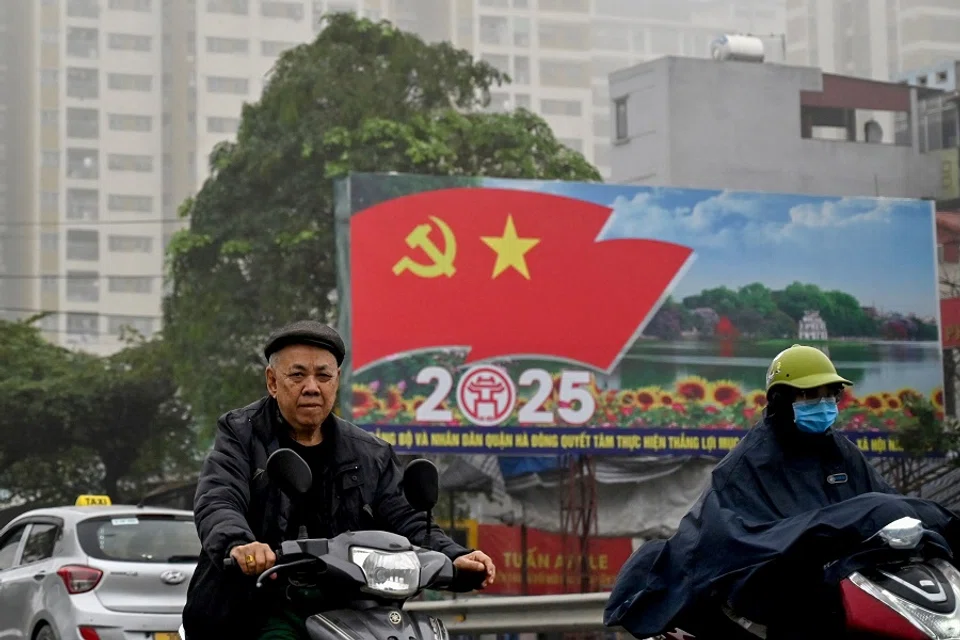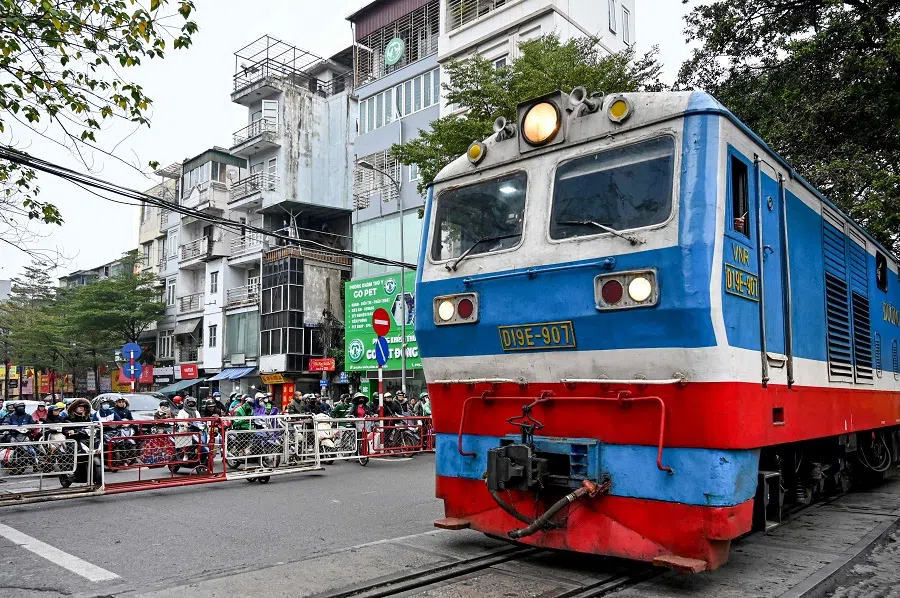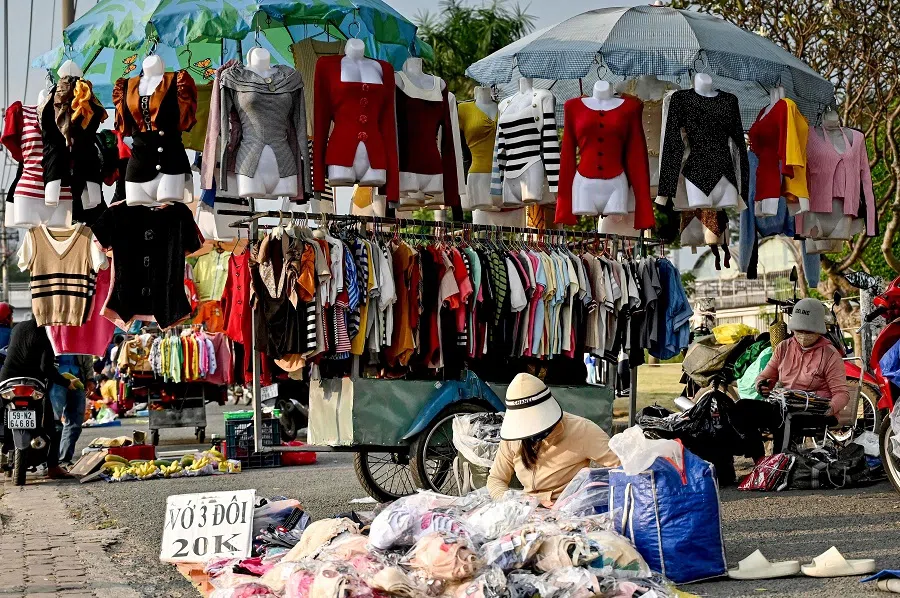Trump’s shadow looms: Vietnam tightens scrutiny on Chinese enterprises
Vietnam has long been the preferred manufacturing destination for Chinese companies seeking to avoid US tariffs. Trump’s recent threats to impose tariffs on Vietnam, however, have thrown a wrench into this arrangement. Lawyer and commentator Cui Shu tells us more about how Vietnam and Chinese enterprises are handling the situation.

Last year, our law firm provided cross-border legal services to a Chinese company that completed a large factory in Vietnam’s Quang Ninh province. Shortly after, their senior management visited Johor, Malaysia, just after the 2025 Spring Festival and chose an industrial site for a second overseas production base. This decision was driven by the increasingly clear global economic landscape.
Like many Chinese enterprises, this company set up a factory in Vietnam to avoid US tariffs. As the US is their core market and their products account for a significant market share there, any shift in US trade policies will immediately concern them.
Canada and Mexico’s predicament has made Vietnam wary of becoming Trump’s next target.
Vietnam steps up scrutiny of Chinese enterprises
But recently, Vietnam has again intensified its scrutiny of Chinese enterprises and products, and twice imposed anti-dumping duties on various steel products from China since January this year. Chinese companies already operating in Vietnam, as well as those with pending projects, are also facing stricter scrutiny, particularly regarding certificates of origin and investment licenses.
Is Vietnam’s increased scrutiny of Chinese enterprises and products aimed at restricting Chinese investment? Clearly not; rather, Canada and Mexico’s predicament has made Vietnam wary of becoming Trump’s next target. It is important to remember that Trump already expressed strong dissatisfaction with Vietnam’s large trade surplus with the US during his previous presidency. He was simply preoccupied with the China-US trade war and Covid-19 pandemic at the time.

In fact, during the Joe Biden administration in 2021, the US Department of Commerce issued an official note requesting Vietnam, Thailand and Malaysia, where Chinese companies have a significant presence, to rigorously investigate the legitimacy of certificates of origin obtained by Chinese companies operating within their borders. This was because US Customs frequently seized imported goods suspected of not meeting the origin requirements of those three countries.
... the ultimate goal of all the Trump administration’s tariffs and sanctions implemented by the Trump administration is to encourage the return of manufacturing to the US. As such, the Trump administration clearly does not welcome Southeast Asia’s growing manufacturing prowess.
Manufacturing in Southeast Asia becoming more difficult for Chinese enterprises
Although Chinese companies have placed increasing importance on compliance with certificates of origin over the last few years — with many relocating more production or procurement processes to the region — the re-election of Trump and the strengthening of trade barriers present a challenging environment.
Even if Chinese enterprises in Southeast Asia, particularly in Vietnam, gradually obtain certificates of origin in compliance with local regulations, they may still face trade suppression from the US. This is because the ultimate goal of all the Trump administration’s tariffs and sanctions implemented by the Trump administration is to encourage the return of manufacturing to the US. As such, the Trump administration clearly does not welcome Southeast Asia’s growing manufacturing prowess.
Throughout 2024, Vietnam saw the establishment of 3,375 new foreign-invested projects. Though official statistics indicate that Singapore was the leading source of foreign investment (followed by South Korea, China, and Hong Kong), foreign investments from Singapore and Hong Kong are in fact largely backed by Chinese investors. In other words, Chinese capital plays a dominant role in foreign-invested enterprises in Vietnam. This includes the Chinese enterprise I mentioned at the beginning of the article, which had also established a company and built a large factory in Vietnam through a company it established in Singapore.
What Vietnam can do now is to avoid provoking the Trump administration and to mitigate trade tensions with the US.
Is there a solution to Vietnam’s economic quandary?
Therefore, on the one hand, Vietnam values the significant contribution of substantial Chinese investment to its economic growth, which helps drive its domestic tax revenue, employment and consumption. But on the other hand, the substantial number of Chinese companies using Vietnam as a conduit for exports to the US — and the resulting massive trade surplus Vietnam enjoys with the US — has also placed immense pressure on this export-dependent nation. This is because exports account for nearly one-third of Vietnam’s GDP, with the US being its most important export market. If it were to be hit by US tariffs or sanctions, the consequences would be dire.

What Vietnam can do now is to avoid provoking the Trump administration and to mitigate trade tensions with the US. They can do so by implementing measures such as regulating Chinese companies operating within its borders, and increasing imports of US agricultural products to reduce its trade surplus with the US. However, it remains uncertain if these actions will bring about trade security, which Vietnam desires. After all, the Trump administration shows no mercy even to traditional US allies and neighbours, let alone a nation as geographically distant as Vietnam.
This article was first published in Lianhe Zaobao as “夹缝中求存 越南被迫严查中企?”.

![[Big read] Paying for pleasure: Chinese women indulge in handsome male hosts](https://cassette.sphdigital.com.sg/image/thinkchina/c2cf352c4d2ed7e9531e3525a2bd965a52dc4e85ccc026bc16515baab02389ab)

![[Big read] How UOB’s Wee Ee Cheong masters the long game](https://cassette.sphdigital.com.sg/image/thinkchina/1da0b19a41e4358790304b9f3e83f9596de84096a490ca05b36f58134ae9e8f1)

